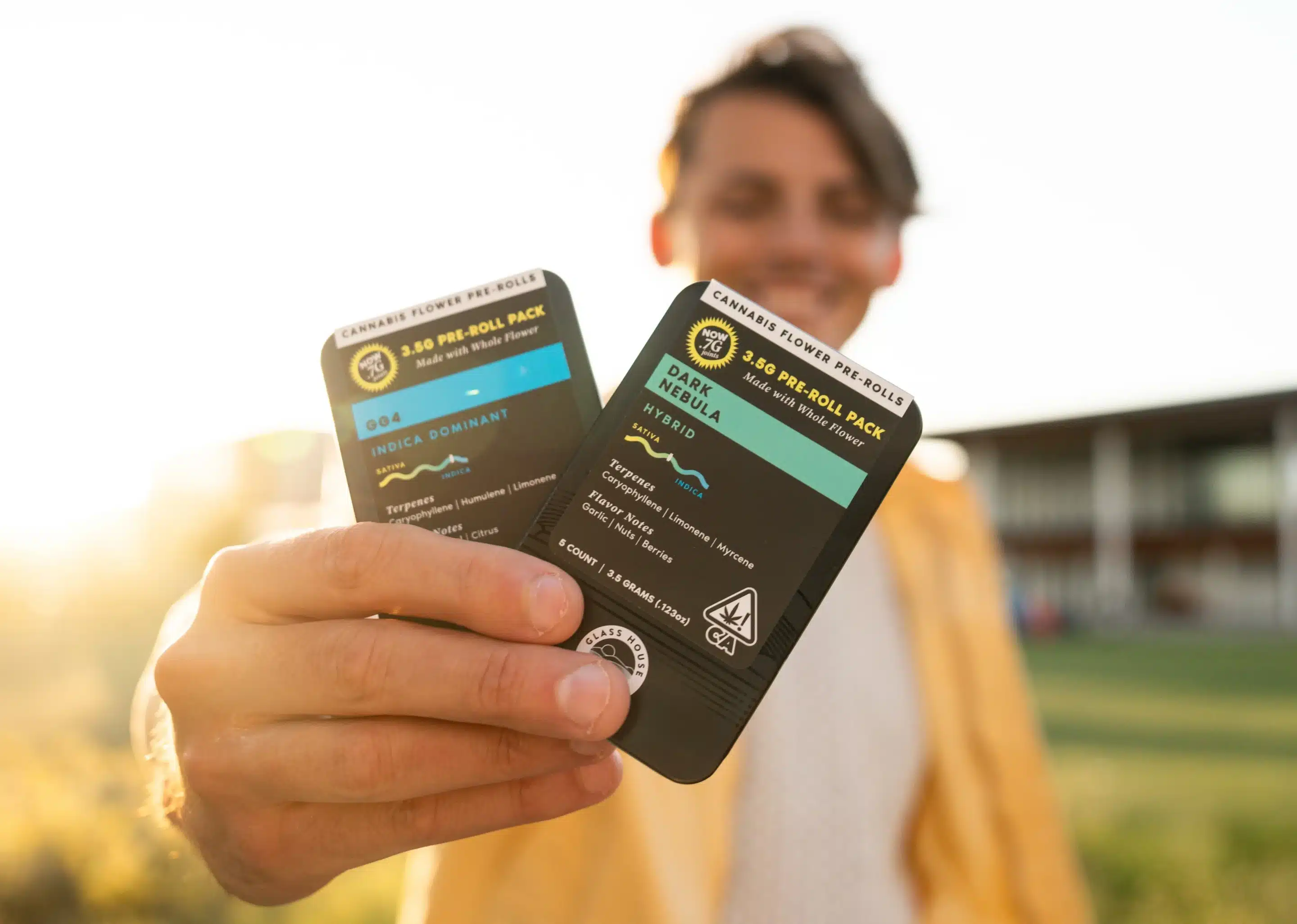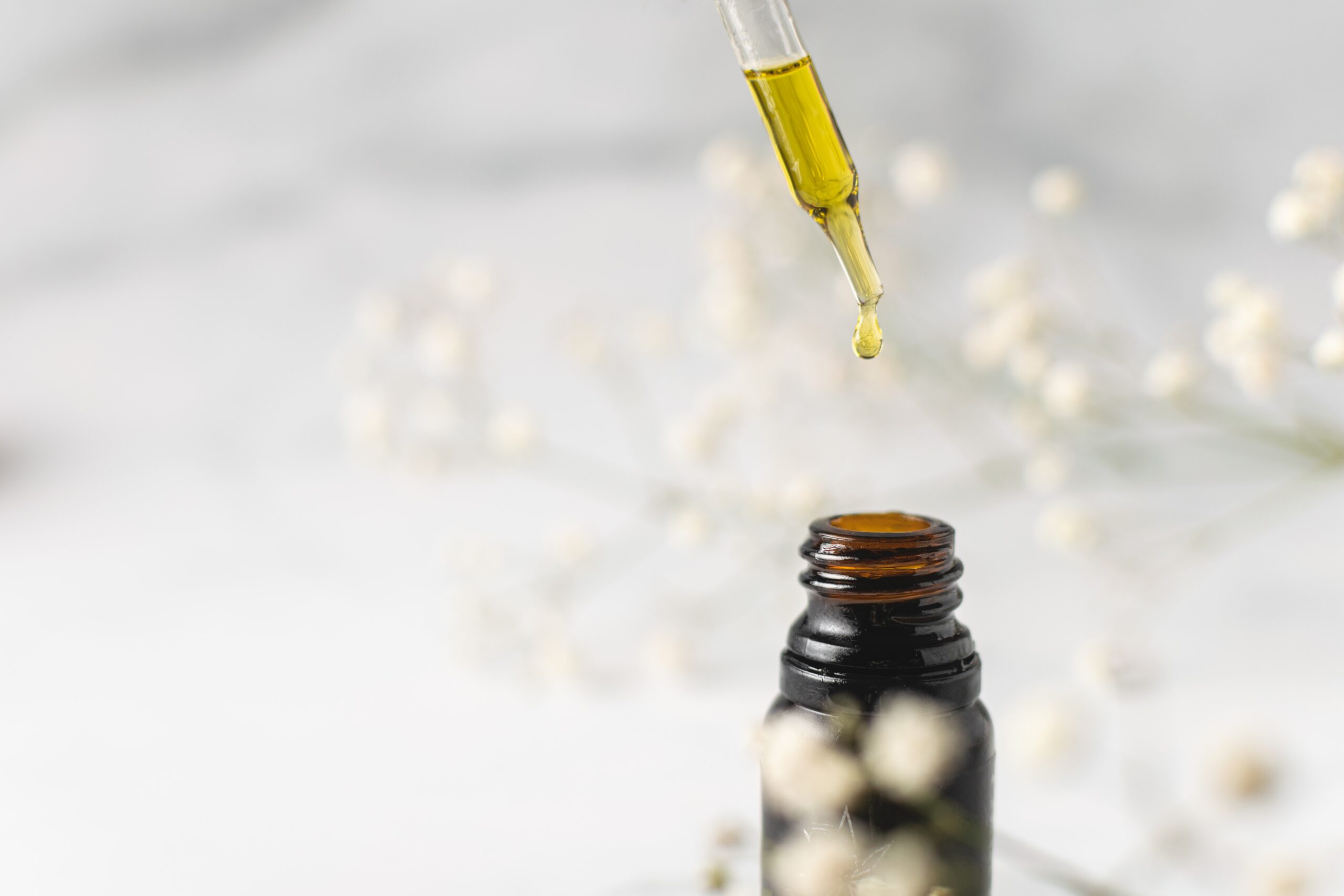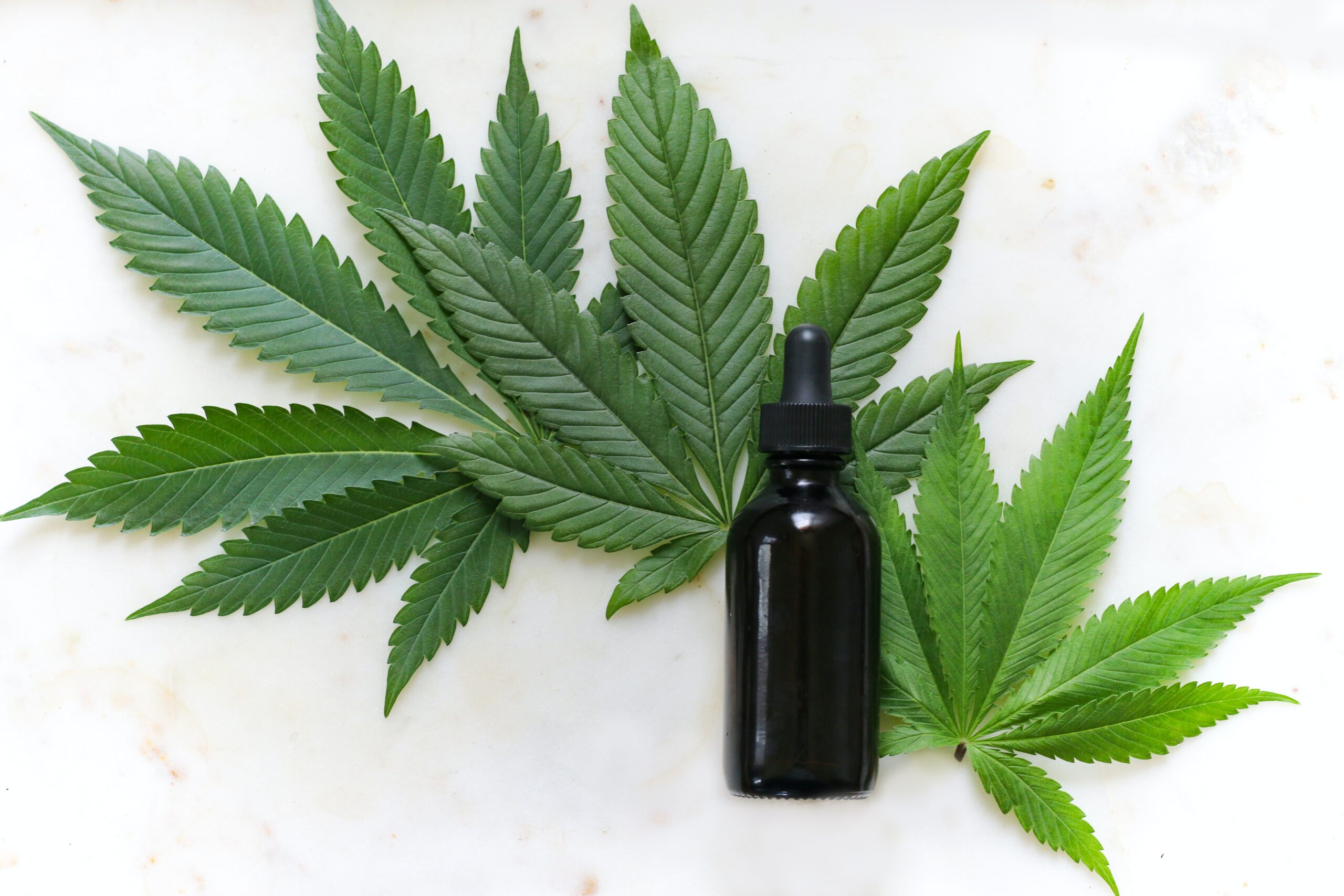
Navigate Cannabis Selection for Your Grover Beach Adventures
Find the best cannabis products for Grover Beach living

The dynamic interplay between CBD and THC in cannabis has captivated researchers and consumers alike. As the interest in therapeutic cannabis continues to grow, understanding how CBD affects the effects of THC is of paramount importance. In this comprehensive article, our team of experts at Natural Healing Center Morro Bay Cannabis Dispensary delve into the intricate relationship between CBD and THC, exploring their individual properties, their combined effects, potential therapeutic benefits, and how consumers can harness this synergy for a personalized cannabis experience.

The entourage effect refers to the synergistic interaction between different cannabinoids, terpenes, and other compounds found in cannabis. CBD has been found to modulate the effects of THC through this phenomenon. When CBD and THC are consumed together, CBD can mitigate the intense psychoactive effects of THC, providing a more balanced and mellow experience. The entourage effect is believed to be responsible for the unique properties and potential therapeutic benefits of full-spectrum cannabis products.
Research suggests that the entourage effect extends beyond CBD and THC interactions. Other cannabinoids, such as CBG (cannabigerol) and CBN (cannabinol), along with terpenes, play a role in shaping the overall effects of cannabis. These compounds may enhance or modify the effects of THC, creating a complex interplay of synergistic effects.
CBD has been shown to modulate the psychoactive effects of THC in several ways. By interacting with the endocannabinoid system (ECS) in the body, CBD can influence how THC binds to cannabinoid receptors. It has been suggested that CBD may act as a negative allosteric modulator, reducing the affinity of THC for the CB1 receptors responsible for the psychoactive effects. This modulation can lead to a less intense high and a more balanced experience, making cannabis consumption more accessible to individuals who may be sensitive to the effects of THC.
Furthermore, CBD can counteract the anxiety-inducing properties of THC. Studies have demonstrated that CBD has anxiolytic properties, potentially attenuating the anxiety and paranoia that some individuals may experience with high levels of THC. By incorporating CBD into their cannabis regimen, consumers can potentially reduce the negative side effects associated with THC consumption, promoting a more comfortable and enjoyable experience.
CBD’s influence on THC extends beyond modulating its psychoactive effects. Research suggests that CBD may enhance the potential therapeutic benefits of THC. Studies have indicated that CBD possesses analgesic, anti-anxiety, and anti-inflammatory properties. When combined with THC, CBD may amplify these effects, creating a synergistic therapeutic potential that could be beneficial for individuals seeking relief from pain, anxiety, or inflammation.
For example, CBD has shown promise in reducing the psychoactive effects of THC while maintaining its analgesic properties. This means that individuals can potentially experience pain relief without the intensity of a strong high. This balanced approach allows patients to manage their symptoms effectively while minimizing any potential interference with daily activities.
Additionally, the combination of CBD and THC has shown potential in addressing certain medical conditions. Epidiolex, a CBD-based medication approved by the FDA, is used to treat rare forms of epilepsy. The presence of CBD in the medication is believed to enhance the anticonvulsant properties of THC, leading to better seizure control in patients.
Moreover, CBD’s anti-inflammatory properties may complement the analgesic effects of THC, providing a more comprehensive approach to pain management. Research suggests that the combination of CBD and THC may be effective in treating neuropathic pain, arthritis, and even cancer-related pain.
It is important to note that the optimal CBD-to-THC ratio may vary depending on the individual’s specific needs and desired effects. Higher CBD ratios are generally associated with a milder psychoactive experience, making them suitable for those seeking the therapeutic benefits of cannabis without the intensity of a strong high. Conversely, higher THC ratios may be more appropriate for individuals looking for potent pain relief or relaxation.

NHC recognizes that each individual’s response to CBD and THC can vary. By understanding the interplay between these cannabinoids, consumers can personalize their cannabis experience to suit their needs and preferences. By selecting products with varying CBD-to-THC ratios, individuals can fine-tune the balance between psychoactive effects and potential therapeutic benefits. The dispensary offers a wide range of products to cater to different preferences, ensuring that customers have access to tailored options.
For those seeking non-intoxicating effects and therapeutic benefits, CBD-dominant products such as CBD oils, tinctures, and capsules may be ideal. These products allow users to experience the potential therapeutic effects of CBD without the strong psychoactive effects of THC.
On the other hand, individuals looking for a more balanced experience may opt for products with a balanced CBD-to-THC ratio. This allows for a harmonious synergy between the cannabinoids, providing a moderate high and potential therapeutic benefits.
For consumers seeking stronger psychoactive effects, THC-dominant products such as certain strains of cannabis flower or concentrates may be more suitable. These products offer a higher THC content while still benefiting from the potential modulating effects of CBD.
The relationship between CBD and THC is a fascinating aspect of cannabis chemistry. Natural Healing Center Morro Bay Cannabis Dispensary sheds light on how CBD modulates the effects of THC, highlighting the potential for a more balanced, therapeutic, and personalized cannabis experience. By understanding the distinct properties of CBD and THC, harnessing the power of the entourage effect, and exploring different product options, consumers can navigate the realm of cannabis with knowledge and confidence, maximizing the benefits and minimizing any potential unwanted effects. The comprehensive range of products offered by Natural Healing Center Morro Bay Cannabis Dispensary ensures that individuals can find the right CBD-to-THC ratio to suit their needs and preferences, ultimately enhancing their overall cannabis experience.